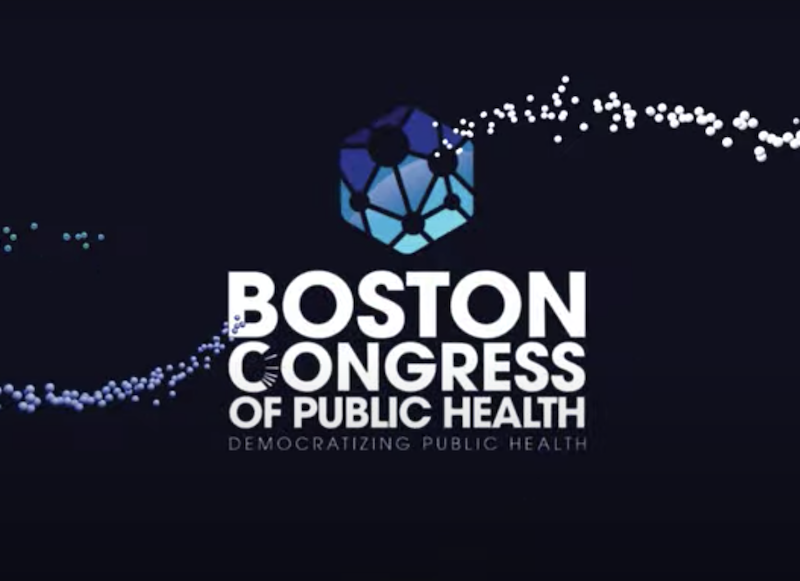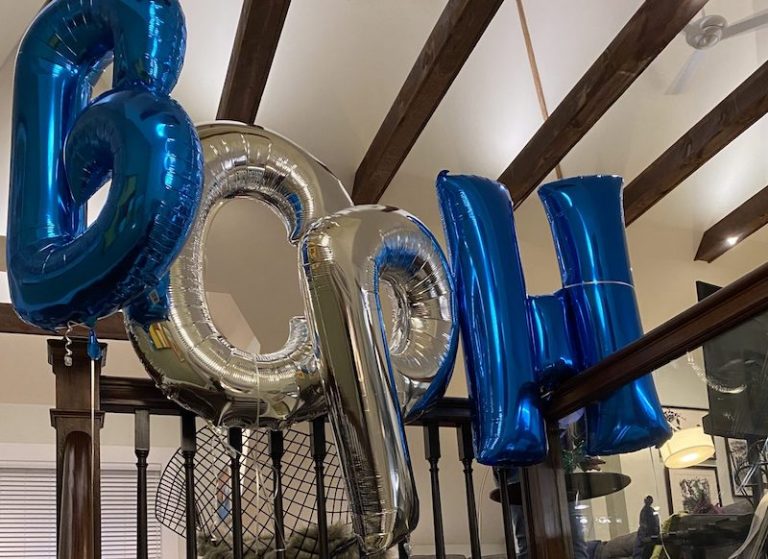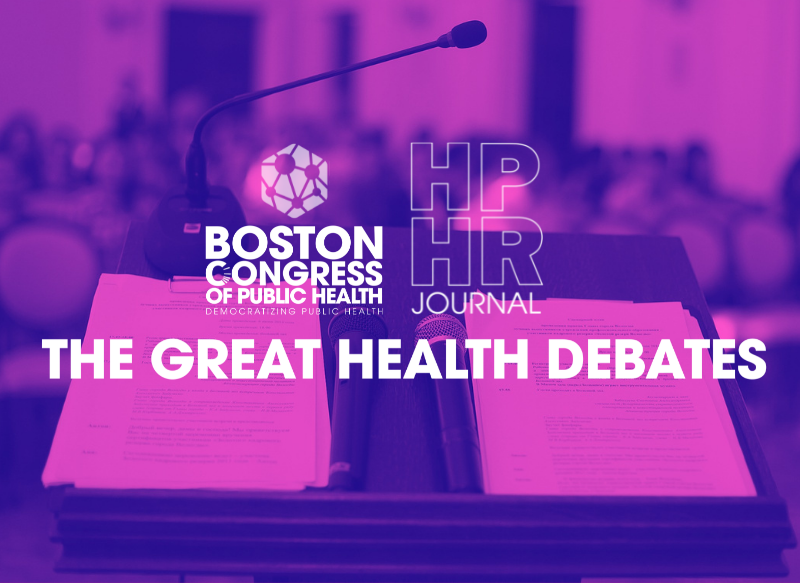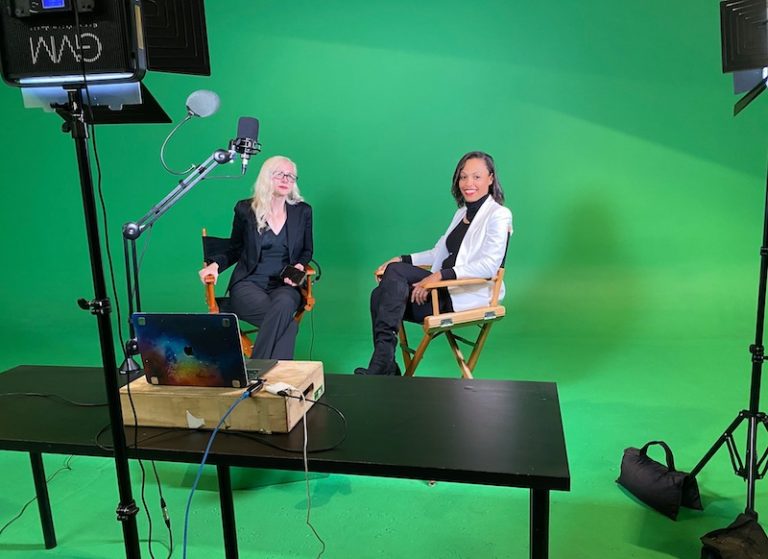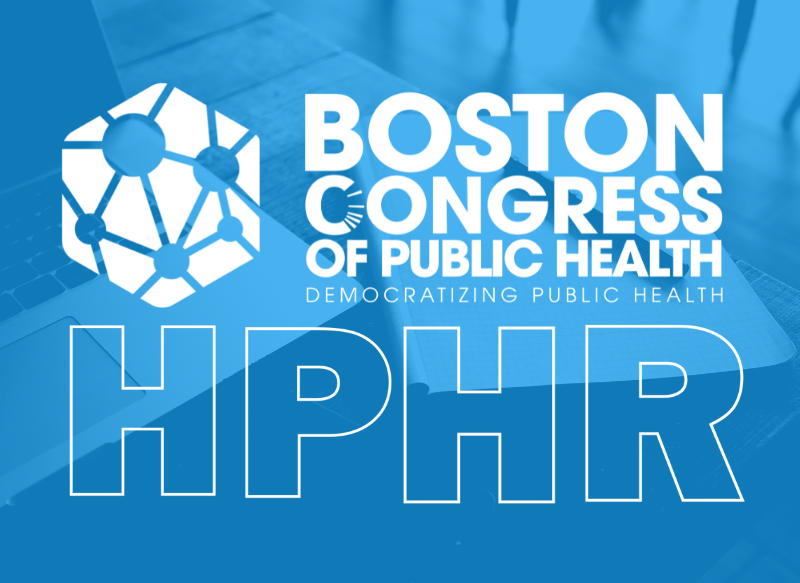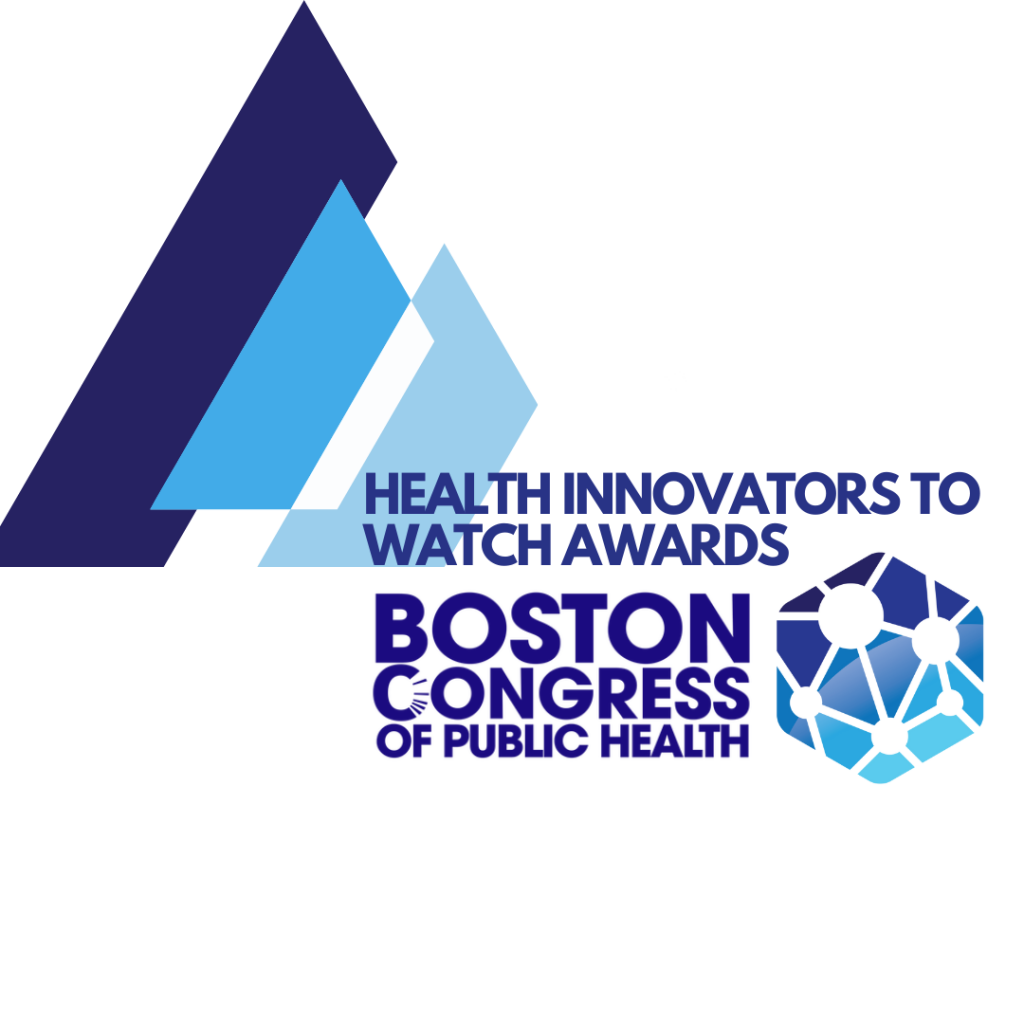
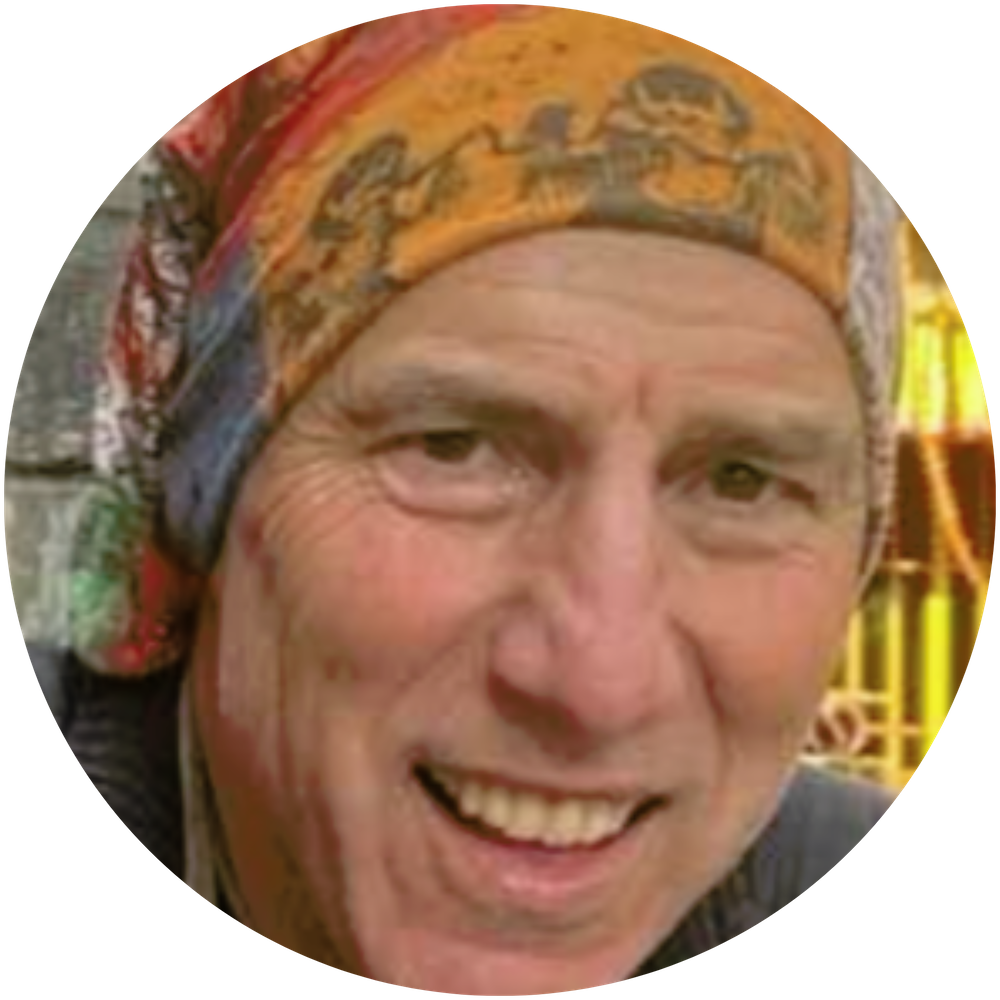
Dr. Richard Keidan is a Surgical Oncologist who first visited Nepal in 1983 during a sabbatical from surgical residency. He established a nonprofit Detroit2Nepal Foundation in 2010, supporting Public Health, Healthcare, and Education in remote Himalayan villages in the eastern district of Khotang. Two years later, he established a local arm of the foundation working in Detroit. The organization’s philosophy has been to listen to the local community and allow them to identify their priorities, design their solutions, establish vestment, and take full ownership of each project.
Nepal projects first included establishing sustainable toilets with septic in every home and school in 3 villages after they identified the need for waste management and subsequent control of infections. Following the earthquake, destroyed infrastructure was replaced with the construction of 12 schools, 5 health posts (rural medical clinics) and 4 birthing centers. In response to the Covid Epidemic, Covid testing outreach was established in 8 villages, 2 Covid Isolation Units were established, and Home Kits were distributed to Covid Positive individuals containing supplies designed to keep them home safely. Hand washing stations, mask distribution, and educational materials were distributed/created in over 70 schools.
Detroit activities have included support of grassroots neighborhood activities including support of urban gardens supplying free prescriptions for vegetables to all women at the SAY Detroit Family Health Clinic, and writing grants and establishing/augmenting programmatic and physical infrastructure at this clinic. Covid Relief was also established in the city of Highland Park by bringing together separate organizations and supporting their COLLABORATIVE effort addressing emergency Covid Relief. Mentorship and support has been given for a mentorship program for young men at risk. Establishment of the first Covid Testing Center in Detroit that accepted individuals without Doctor prescriptions and who did not have access to a car was another successful project.
Personal Statement
I have learned much over the years from my time spent working in Nepal. As a surgeon, I spend my days talking to patients, giving advice, and teaching students and residents- I therefore spend much more time speaking than listening. I have had to “Learn how to Listen, so I can Listen to Learn”. Developing countries have much less resources, so they must be smarter and more creative than us. This includes their approach to healthcare and public health. D2N has built several health posts and birthing centers offering western medical services and practices. However, their traditional medicine is for them to go to a jhakri (faith healer) for prayers and herbs. Furthermore, there are several barriers to accessing healthcare in Nepalese villages.
These barriers are addressed and overcome with the utilization of Female Community Health Volunteers (FCHV’s). These women are medical lay persons who undergo a standardized 18 segment training, and then they engage their surrounding communities providing education regarding western medicine and public health as well as assisting them while accessing available resources. Since they are members of the communities they work in , they are trusted individuals and they can provide support in a culturally sensitive manner.
Our current initiative in Detroit neighborhoods applies lessons learned in Nepal. We utilize Community Health Workers in a similar fashion as FCHV’s are utilized in Nepal. We are fortunate enough to be utilizing the infrastructure of another nonprofit- Brilliant Detroit. This organization has a mission to support families with children belly to 8 to assure they have all they need to be ready for school and equipped for life. They first have multiple listening sessions with a neighborhood to determine if their presence is desired, then rehabilitate a demolished home as a “Neighborhood Hub.” They have 18 sites in different Detroit neighborhoods, with a total of 24 planned within the next two years. By utilizing their existing infrastructure, we already have a trusting relationship with the neighbors. By selecting a woman who either lives in this neighborhood or has a close relationship with them, the CHW will furthermore have a pre-existing trusting relationship. The infrastructure we are utilizing is SUSTAINABLE, and with multiple established sites, our first two pilot sites can be scaled up to 24 locations. Traditionally, efforts in underserved communities are focused on directing individuals to external resources. Our goal is to reverse the directionality of healthcare, and to bring resources to the neighborhoods.
Honorees selected for the Health Innovators to Watch Awards come from across the globe, representing health and healthcare innovation in traditional public health fields, research, academia, architecture, and more. In addition, innovators are intentionally diverse in backgrounds, from public health founders and co-founders, inventors, national and international leaders, directors, researchers, academicians, and curriculum developers
